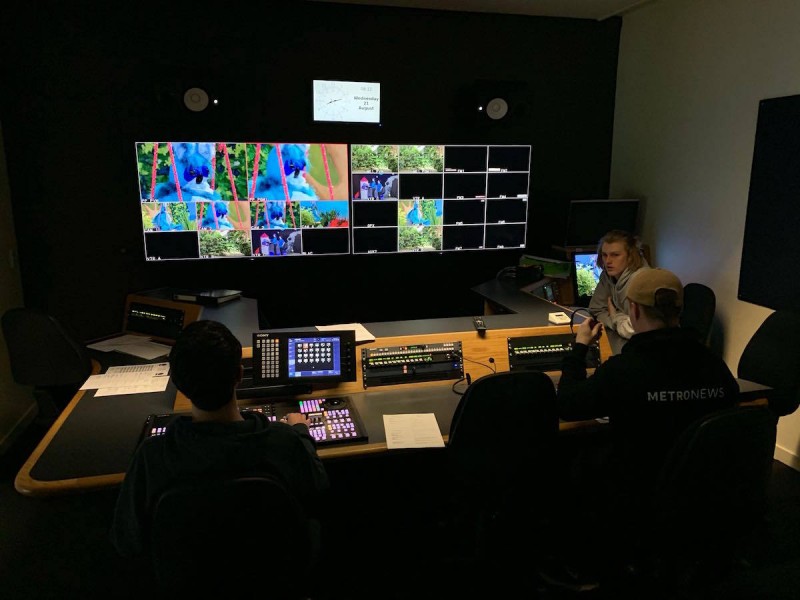The country's 16 polytechnics will merge into one body, a so-called "mega-tech", in April. The single entity will be known as the New Zealand Institute of Skills and Technology (NZIST).
The National Party's Tertiary Education spokesperson Shane Reti said the New Zealand Broadcasing School (NZBS) risked losing its strong reputation as a result of the merger.
The New Zealand Broadcasting School (NZBS), which is a part of Ara Institute of Canterbury, is the premier national provider of applied education in broadcast journalism, television, film, digital media, radio performance and production.
Reti said institutions such as NZBS deserve certainty about their future. The merger would remove regional autonomy and decision-making by centralising the polytechnics, he said.
"We're certainly getting a strong view that it's not in the Broadcasting School's interest."
And it's not just NZBS Reti is worried about.
"The polytechnics that are performing well, they're not broken. What are you trying to fix? ...don't damage the high-performing polytechnics by bringing them into one mega polytechnic, I just don't think that will work."


